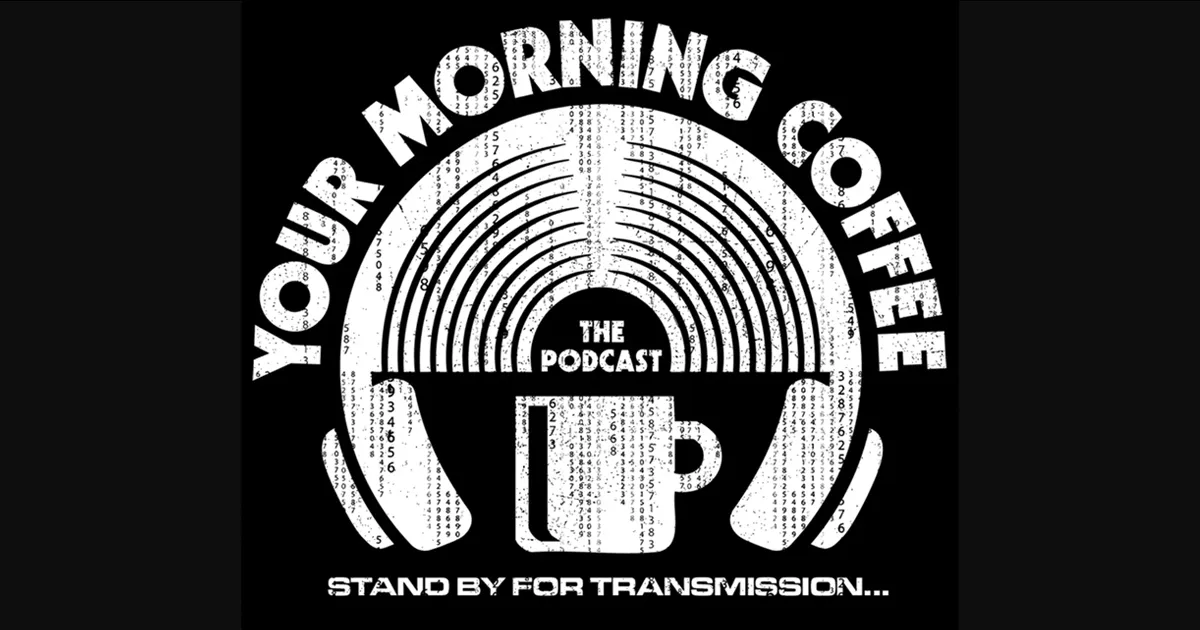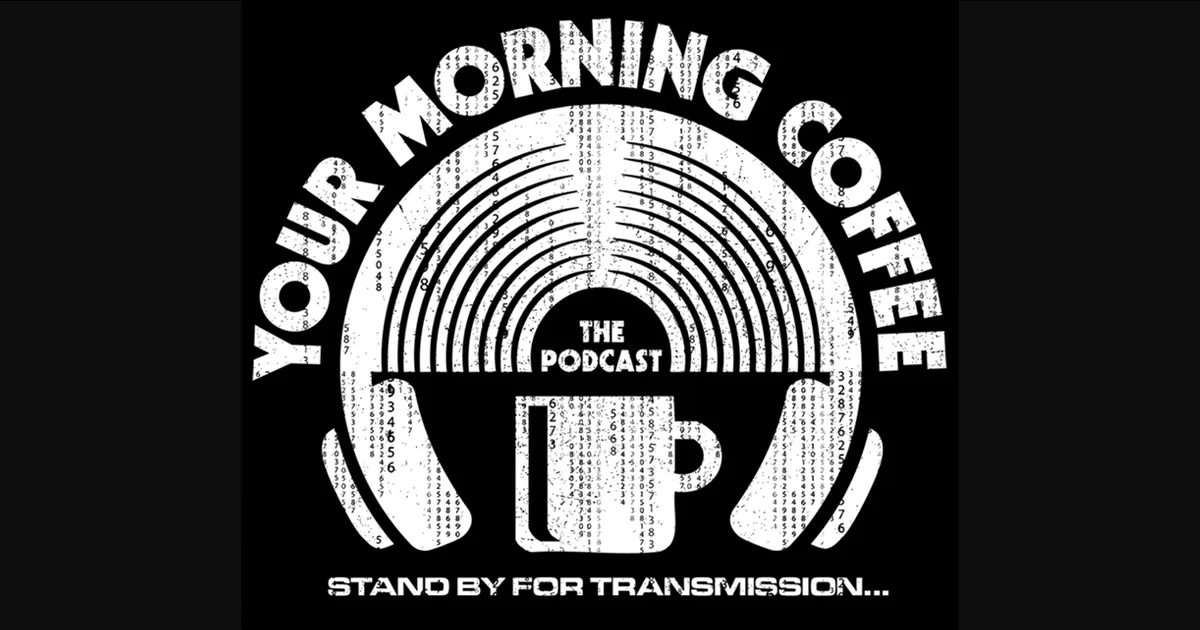In this followup interview, Neil Turkewitz continues his interview with an anonymous information technology Titan and silicon valley kingpin, this time with his head of communications, Silky Vandervoss, also participiating.
Guest post by Neil Turkewitz from Medium
Due to popular demand after my initial interview (link here) with SV, I have asked him back to my virtual studio to address some issues that we didn’t get to in the first round, and which inquiring minds apparently want to know. He has graciously accepted, but this time he demanded that his head of communications, Ms. Silky Vandervoss, also be allowed to participate, and be permitted to change his answers whenever she felt that they failed to adhere to the script. They also demanded that I not make any distinctions between the two SV’s. I have reluctantly agreed to their terms. Below you will find the [redacted and corrected] transcript of our exchange.
Me: First of all, let me express my appreciation for you taking the time to sit down with me again to discuss the inner workings of your magical kingdom in the cloud. And nice to meet you SV (if I am allowed this moment to differentiate between the two of you).
SV: We’ll allow it. But just this once.
Me: Great. Well last time we talked about how you collected information so that you could make our lives as pleasant and efficient as possible so that we didn’t need to bother with thinking for ourselves or deciding what we wanted to do or have. I think you said that you were working for our benefit to ensure that outdated and bourgeois notions of privacy didn’t interfere with our own happiness and the cohesion of a singular society. A number of my readers, fascinated by your views on the benefits of living and operating in a totally transparent manner (of course, not on your end — I didn’t mean to suggest anything along those lines so please don’t get up and leave), had some questions about your relationship with the creative community, and I was hoping to focus on that today. Is that okay?
SV: Of course. We love the creative community, and making the world’s creative output available to all is a major driver of our company’s entire philosophy. The very raison d’être of our existence. We believe that the world’s culture should be freely shared on a global basis, without any regard to the ability to pay. Our culture is our common heritage, and its distribution should know no artificial bounds or limits.
Me: Fascinating — your answer actually gets directly to the heart of the questions I have been fielding. If I understand your company correctly, you both host content and direct users around the world to the work of creators, yes?
SV: Indeed we do. We are pioneers in releasing the works of creators from the world of artificial scarcity in which they languished for so long — held prisoner by evil for-profit gatekeepers seeking to artificially increase rents from what are inherently non-rivalrous goods. [Editor’s Note: this was followed by an SV-to-SV high five]
Me: Wow, that sounds amazing and very liberating. The creators you help must be very grateful. But perhaps you can explain how you release these creators from the shackles of their prior existence. Do you provide big advances and offer generous revenue sharing? Do you just sign distribution deals that allow creators to keep ownership of their masters? This sounds revolutionary.
SV: No, you’ve got this all wrong. We don’t actually talk to artists or enter agreements with them. We offer something much more valuable to them — exposure. The greatest tragedy that an artist can face is obscurity. We’re like an insurance policy against invisibility. This is the attention economy, not one built on the back of individual transactions. We provide the exposure — it’s up to artists to then figure out how to monetize that.
Me: Hmmm, so you distribute their core product for free, thereby securing exposure, but without compensating them. It seems like that could be really difficult — particularly for songwriters, or book authors, & others that may have a hard time capitalizing on their “exposure.”
SV: There are winners and losers in any economy. Those who can’t figure out how to monetize non-scarce resources will perish, and a new creative class will be born from their ashes. Our job is not to preserve the cultural trappings of a bygone era. We are the heralds of a new society, built on innovation, freedom and self-reliance.
Me: Okay, let’s change gears a little bit. So you do this for free?
SV: In a sense, yes. We don’t charge users for access. We are committed to freedom. You assuredly remember that commitment from our last interview. I’m pretty sure I mentioned it — it’s fairly central to our operations.
Me: Yes, I do recall you talking about that. But coming back to your operations, I want to make sure I understand something. You host and direct users to all of these creative materials without any financial incentives? You have somehow managed to convince billionaires to fund a cultural project to make all of these works available without making money?
SV: Now hold on a second there. I didn’t say anything about not making money. Our shareholders wouldn’t be too pleased if they thought that’s where I was going with this company. I said we didn’t charge for access. Of course, we are able to generate revenue from advertising from making all of this content available — but remember, from your standpoint, it’s all free. As much or as little as you feel like consuming. And we don’t judge you — I mean, we may track you to make sure you’re seeing what you want to see…including in many instances when you don’t even know yet that you want to see it. But — and let’s be super clear about this — we don’t construct any artificial constraints on your ability to access and share. Sometimes we have to take action because we get orders from the old guard media that we simply have to obey, but between us, we do make those constraints as irrelevant as possible. I don’t want to go into all the ways we manage to do that, but take my word, we’re pretty good at circumventing these old school attempts to place fences around culture.
Me: Ahh, got it. You monetize the traffic, not the content. You don’t care what people are consuming, only that they are in fact consuming. And that they are consuming as much as possible to maximize the amount of advertising space you can sell.
SV: Now you’ve got it. Sounds like you were formerly in advertising, is that right?

Me: No, it’s really just common sense, but thanks. But here’s my question. If your interest is in driving as much traffic as possible, and you are wholly agnostic about the nature of the content that is being accessed, doesn’t your financial interest trump the application of moral judgment? It’s almost as if the exercise of judgment which might cause you to not traffic in something would be a violation of your fiduciary relationship to your shareholders.
SV: I see that you appreciate the complexity of our situation. Fortunately for us, our economic interests and business plan are completely in synch. We embrace the development of tools that allow people to engage in conduct with minimal supervision. Who are we to judge? We build a tool. A really awesome tool with incredible power. How that tool is used is not our business. We don’t want to insert ourselves in applying our own moral judgments. And moreover, how could sharing be bad?
Me: Well, and sorry to be an irritant here, but it seems to me that sharing might not be appreciated if there was no consent from the person who is either featured or who created the content. I mean, it’s great and all that you are making the world’s cultural output available through your global platforms, but what if the creators didn’t want to share it in that way? Perhaps they had other ideas about how to make their works available. It seems like your respective interests may be at odds.
SV: Sadly, there are indeed some creators wedded to antiquated notions of exclusive ownership under which they would deny access to their works. They will have to evolve to meet the conditions of the new environment which recognizes common threads underlying our creativity. After all, is anything truly original? Doesn’t every work build off the works that preceded it? We are living in a time of post-scarcity, and are witnessing the last gasps of the dinosaurs trying desperately to hang onto the scarcity that made them relevant. [Editor’s Note: This too was followed by a rather triumphant SV-to-SV high five]
Me: Well, okay, but how exactly is the argument about standing on the shoulders of giants relevant to our conversation? I’m afraid I’m missing something.
SV: Happy to explain. It goes like this — please try to follow along. No creator works in a vacuum. He or she is influenced by everything already created. As such, the notion of originality at the heart of copyright is suspect — there is no such thing as original expression, only the reworking of already expressed cultural artifacts. Understand?
Me: Well yes, but I still don’t see the relevance.
SV: One step at a time. If you understand that there’s no such thing as original expression, then surely you’ll understand that copyright itself is a farce — it protects something that doesn’t exist. It is nothing more than a remnant of colonial imperialism towards, and exploitation of, authors. A device to remove their control over what they have written or performed. By breaking the bonds of copyright, we free creators and extinguish the shackles of their oppression.
Me: I’m afraid I am more confused than ever. By extinguishing copyright, you would effectively remove the foundation for the ability of creators to survive from their craft. Yet you speak of liberation…
SV: Not everyone gets this. Don’t feel bad about yourself. It is quite theoretical and inaccessible, particularly without an adequate grounding in Foucault and Hegel. May I suggest we move on?
Me: Yes, thank you. You talk about post-scarcity and monetizing experiences without imposing what you call “artificial constraints,” but what if that doesn’t work for everyone? Why, I don’t think it even works for you all of the time. Do you share the algorithms that drive your search engine and your online recommendations?
SV: Our algorithms aren’t public facing, and our approach to them isn’t in conflict with our principles about seeking to place arbitrary restraints on the circulation of goods already accessible to the public. [Editor’s Note: this response was heavily redacted by SV’s counsel. It bears no similarity to what was expressed at the time…or to the strained breathing and sub voce swearing]
Me: You talk about not imposing your own moral judgments on others, but…and I’m just spitballing here, you appear to ignore how decisions you make may undermine the ability of individuals, and individual creators in particular, to decide for themselves how their works will be distributed. Don’t you fear that your decisions, including decisions that strike you as reflecting your neutrality, may not have neutral effects? That every decision, including a decision to not intervene, may create a ripple effect in the universe? That there may really be no such thing as neutrality in the social universe?
SV: Whoa, that’s a pile of meaningless word salad Professor Heidegger. C’mon SV, let’s get out of here. This guy is making no sense. No neutrality? Has he never heard of Switzerland. SV, where did you find this guy? I think you’re fired.





